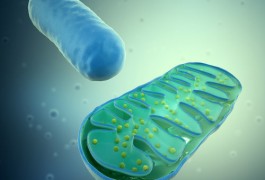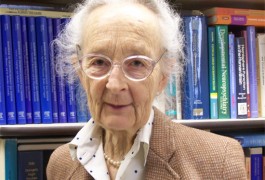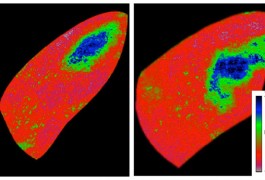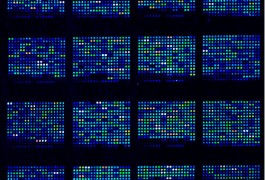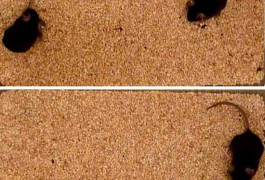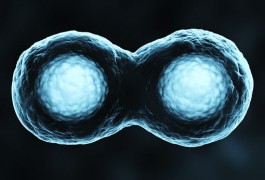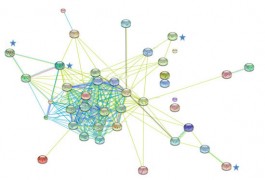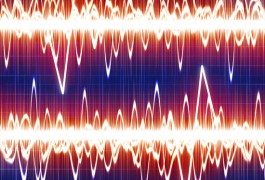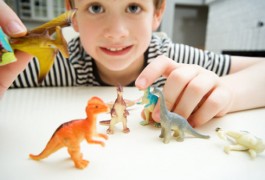Genetics: Multiple hits affect key pathways in autism
Individuals with autism have multiple mutations in a pathway that functions in the mitochondria, the energy center of the cell, according to a study published 27 April in the European Journal of Human Genetics. They also have higher-than-average numbers of variants in pathways involved in metabolism, gene expression and the regulation of cell division.







